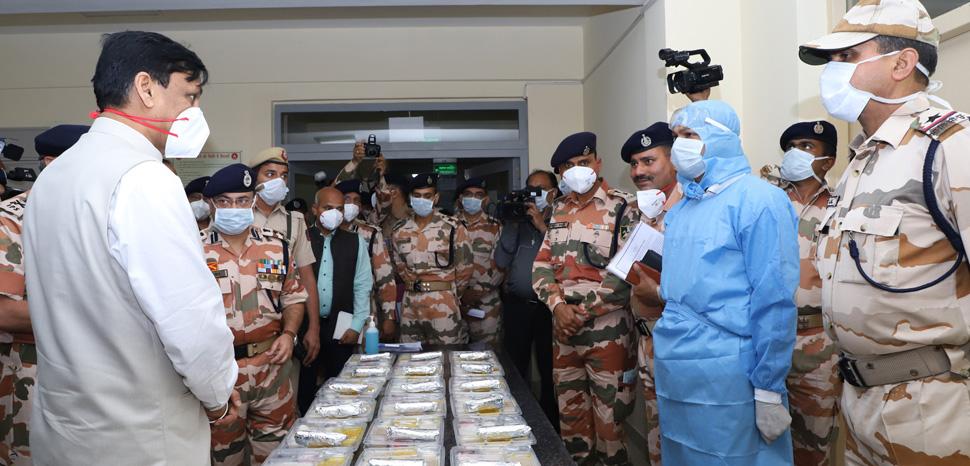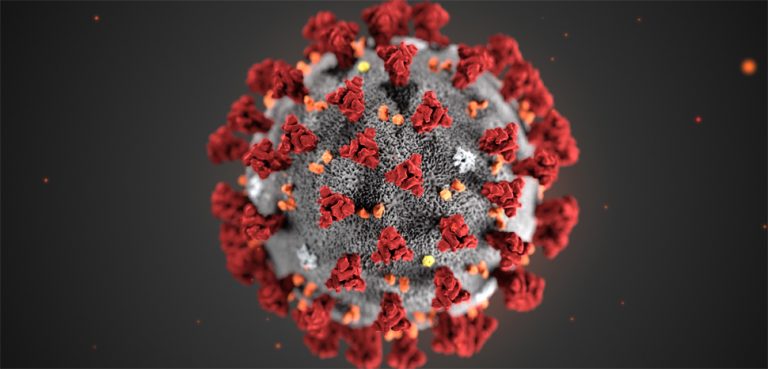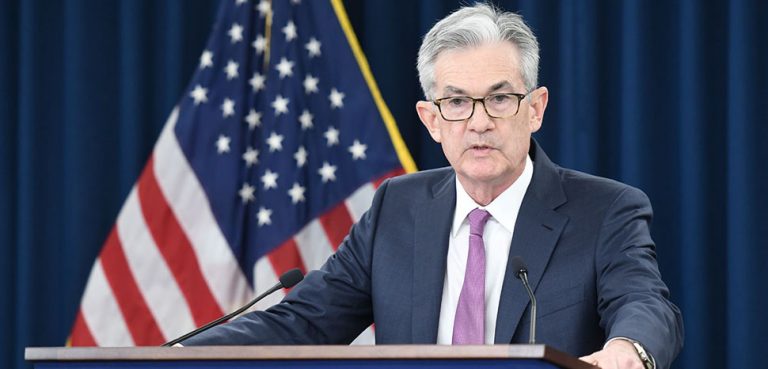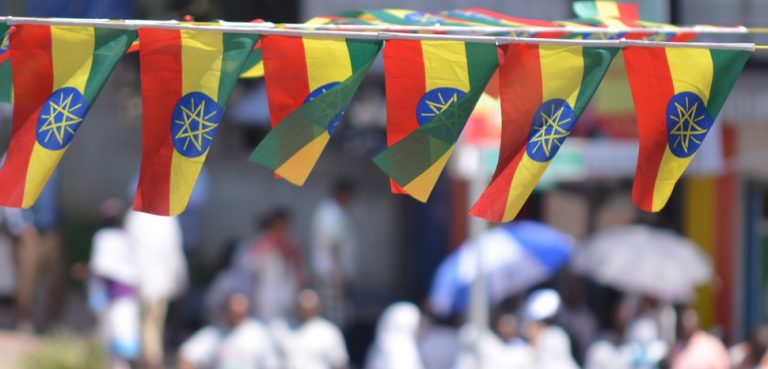A solemn firing of cannons in Islamabad marked Pakistan National Day on Monday (March 23rd).
The 31-gun salute was a reminder of the power of the army, although this year, troops did not take part in martial parades. Instead, thousands of military personnel are preparing to assist the civilian government in enforcing measures against the spread of coronavirus.
Prime Minister Imran Khan used his National Day address to urge “discipline and passion” in fighting the pandemic. He said a nationwide lockdown is his preferred option.
Regional response
Some regions of Pakistan have already taken stringent steps to restrict public movement. Al Jazeera reports that the authorities in the southern city of Karachi – home to more than 20 million people – and Punjab province – home to almost half of Pakistan’s 207 million population – have ordered citizens to remain at home, unless they are out seeking food or medical care. However, Prime Minister Khan faces both political and economic constraints when it comes to imposing a full nationwide lockdown.
“Twenty-five percent of Pakistanis are below the poverty line. If I impose a complete lockdown then my country’s rickshaw drivers, pushcart vendors, taxi drivers, small shopkeepers, daily wage earners, all of them will be shut in their homes,” Premier Khan warned in his televised speech.
Trust and corruption
Trust between the government and its citizens is vital in a time of crisis. Yet in Pakistan, it is in short supply. Politically, the prime minister’s power is limited. Any major decisions require support from army generals. One opposition politician, Sirajul Haq, claims that Prime Minister Khan’s Pakistan Tehreek-e-Insaf (PTI) party is in league with the military, which he says has manipulated the parliamentary system. People who share this view resent taking orders from the premier, even during an emergency.
The opposition claims Khan has broken his pre-election promises. It organized a series of well-supported rallies in Islamabad, demanding the resignation of the prime minister and fresh elections.
Corruption also undermines trust in the military and the police. The chairman of Pakistan’s National Accountability Bureau, Javed Iqbal, has described corruption as a cancer and a major hurdle to the development of the country. He has also pledged that his organization is committed “to eradicate corruption with iron hands across the board.”
India’s initiative
Inevitably, any money Pakistan spends on fighting the coronavirus will need to be monitored and accounted for. The government has thus far declined to donate to a project, initiated by the Indian Prime Minister, Narendra Modi, to pay for a team of doctors to support the region. The fund is being administered through the South Asian Association for Regional Cooperation (SAARC) and Sri Lanka and Bangladesh have said they will contribute. A former Indian foreign secretary, Kanwal Sibal, told LiveMint that Pakistan’s decision not to give to SAARC’s corona emergency fund shows its “resistance to India’s initiative.”
Urban bustle
The economic pressures on the region created by the Covid-19 crisis are immense. It is not only Pakistan’s rickshaw drivers and small shopkeepers who endure a precarious hand-to-mouth existence: the same is true for millions of people in India, Sri Lanka, and Bangladesh.
All of those countries face similar challenges in preventing further spread of the disease. Hygiene standards are basic and it is extremely difficult for people to wash their hands with clean water and soap in many environments. Furthermore, the bustling life in crowded cities such as Karachi, Delhi, and Dhaka increases the risk of contagion.
False hope
Poorly educated people, who have little understanding of medical science, are also in danger of being misled by rumors of fake cures. In India, some religious leaders have told their followers that they will be healed if they eat the dung or drink the urine of sacred cows. In Iran, many people have died from alcohol poisoning, after being told that drinking spirits will prevent one becoming sick.
So far, South Asia has been less affected by the pandemic than other regions of the world. Nevertheless, life has been severely disrupted. All international flights to and from India and Pakistan have been grounded. Prime Minister Modi has urged Indians in non-seasonal work to stay at home, speaking of a “crisis which has engulfed the entire human race.”
Exuberant gratitude
He also urged Indians to unite in showing gratitude for the people working in the emergency and medical services. Millions followed his suggestion on Sunday evening (March 22nd) and gathered on their doorsteps and balconies for five minutes of cheering and applause.
The rest of South Asia also has good reason to be grateful to those brave souls on the frontline who are grappling with a huge and unprecedented threat. The consensus from those engaged in the battle is clear: no nation can tackle this problem alone.




